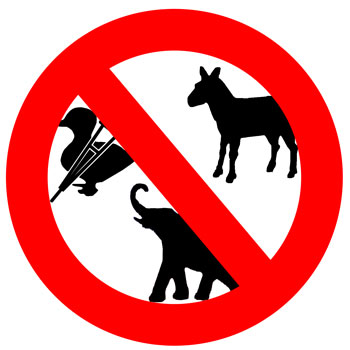Column: Let’s Put Life into City Elections
Editor’s note: Column author Bruce Laidlaw served the city of Ann Arbor as city attorney for 16 years, from 1975-1991. Starting with his service at chief assistant city attorney in 1969, he served the city for a total of 22 years. He defended the city in two elections that were contested in court, both involving the election of Al Wheeler as mayor in the mid-1970s.

This column argues for a nonpartisan process for electing councilmembers and the mayor of Ann Arbor – in part because it reduces the potential for lame ducks. It might also encourage more competition and participation.
For a detailed history of Ann Arbor’s partisan system of elections, see Laidlaw’s previous column: “Ann Arbor – A One-Party Town.”
In 1908, the Michigan legislature gave cities the right to conduct non-partisan elections. Since then all but three Michigan cities have chosen to elect their local officials in a non-partisan way. The three holdouts for a partisan process are Ionia, Ypsilanti and Ann Arbor.
Here in Ann Arbor, we currently hold partisan primaries in August to determine which candidates for city council and mayor appear on the November ballot – with a party label printed next to their names. Nowadays that’s typically a D or an R, more often a D.
It’s time to ask Ann Arbor voters to decide if they’d like to continue to elect local officials using this partisan primary system. It’s even possible to eliminate local primaries altogether. The city council has the power to place a ballot question before voters this November – a question asking voters if they would like to amend the city charter to convert city elections to a non-partisan process. The council should exercise that power.
What would the advantage be of a non-partisan system? [Full Story]



